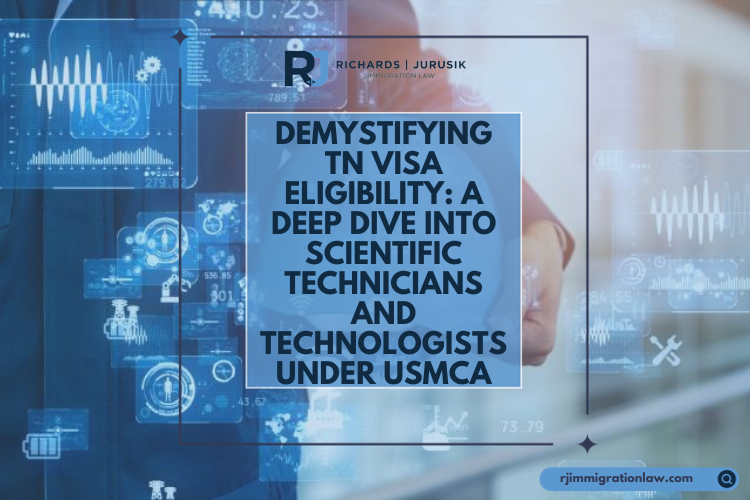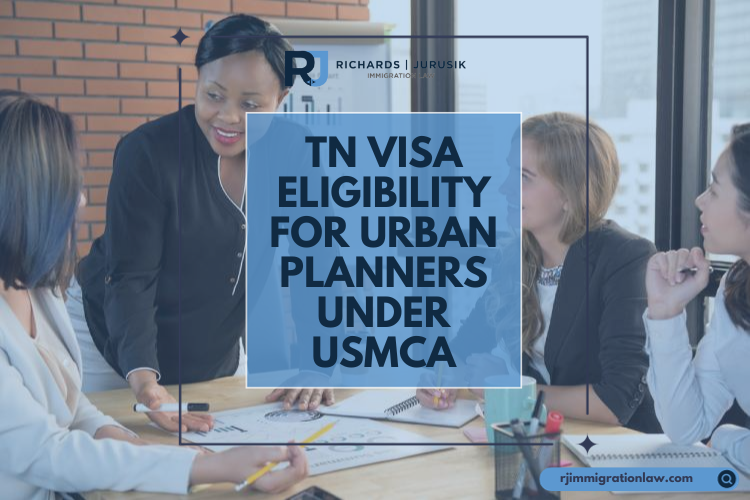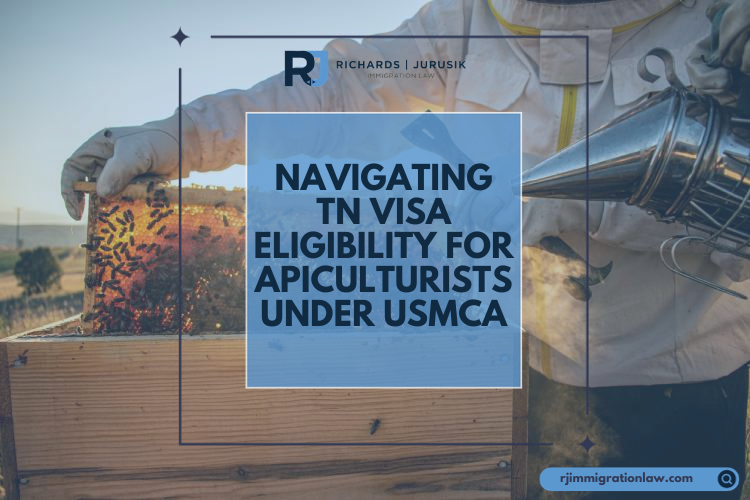The National Interest Waiver (NIW) represents a pivotal pathway for immigrants who wish to contribute significantly to the United States without needing a specific job offer or labor certification. This waiver is particularly valuable for researchers, entrepreneurs, and others whose work has the potential to substantially benefit the U.S. economy, healthcare, education, or technology sectors.
The Matter of Dhanasar
The Matter of Dhanasar, in 2016, redefined the criteria for obtaining an NIW, making it more accessible and transparent. This precedent decision by the Administrative Appeals Office (AAO) provides a three-pronged framework for applicants to demonstrate their eligibility for the waiver.
Qualifications for the National Interest Waiver Under Matter of Dhanasar
- Criterion 1: The Proposed Endeavor’s Merit and National Importance – The first criterion requires the applicant to demonstrate that their proposed endeavor has substantial merit and national importance. This includes business, entrepreneurship, science, technology, culture, health, and education. Strategies for Demonstrating Merit and National Importance:
- Highlighting the endeavor’s potential impact on a national scale.
- Presenting evidence of recognition, awards, or significant contributions to your field.
- Criterion 2: The Applicant’s Position to Advance the Proposed Endeavor – Applicants must prove that they are well-positioned to advance the proposed endeavor by showcasing their education, skills, knowledge, and record of achievements. Key Evidence to Include:
- Academic records, publications, citations.
- Letters of recommendation from industry or academic leaders.
- Criterion 3: The Benefit of Waiving the Job Offer Requirement – Finally, applicants need to demonstrate that it would benefit the United States to waive the job offer and labor certification requirements because of the applicant’s unique contributions or circumstances.Demonstrating the Benefit to the United States:
- Explaining how the endeavor addresses urgent national needs.
- Illustrating the scarcity of individuals with your skill set or accomplishments.
What Does Not Qualify for an NIW Under Matter of Dhanasar
- Lack of Clear National Impact – Local or Limited Scope Projects: Endeavors that benefit only a regional area or a limited group without clear national implications do not meet the criterion of national importance.
- Insufficient Evidence of Advancement Capability – Lack of Demonstrable Impact: Applicants who cannot provide concrete evidence of their ability to advance their proposed endeavor, such as a track record of success, relevant qualifications, or peer recognition, may not qualify.
- Personal Benefits Over National Interest – Primary Personal Gain: Proposals primarily aimed at benefiting the applicant, such as through commercial success or employment opportunities, without demonstrating significant benefits to the U.S. national interest, are unsuitable for NIWs.
- Non-Unique Contributions – Common Skill Sets: Individuals with common skills or contributions that U.S. workers can readily fill do not typically qualify. The applicant must demonstrate that their specific contributions are unique and of significant value to the U.S.
- Endeavors Without Merit – Vague or Speculative Endeavors: Speculative Projects, without a clear plan or potential for impact, do not meet the merit criterion. The endeavor must be well-defined and backed by a solid plan or evidence of feasibility.
- Non-Compliance with U.S. Regulations – Illegal Activities: Any endeavor that violates U.S. laws or regulations automatically disqualifies an applicant from receiving an NIW.
Stratagies to Avoid Disqualification
- Broaden the Impact: Ensure your endeavor has a clear and wide-reaching impact on a national level. This can involve expanding the scope of your project or more clearly articulating its national significance.
- Strengthen Your Portfolio: Build a robust portfolio highlighting your unique skills and contributions to your field before applying. This can include publishing significant research, receiving awards, or obtaining endorsements from recognized leaders in your field.
- Highlight National Benefits: Clearly articulate how your work benefits the United States, focusing on economic growth, societal well-being, technological advancement, or cultural enrichment.
- Clarify the Uniqueness of Your Contributions: Demonstrate how your skills or contributions are rare and crucial for your field. This could involve detailed comparisons or expert testimonials.
Conclusion
Applying for a National Interest Waiver under Matter of Dhanasar is a journey that requires thorough preparation, strategic planning, and a deep understanding of both your professional contributions and their significance to the United States. Remember, success in this process is not just about meeting the criteria but presenting your case in a way that demonstrates your unique value to the nation. With dedication, the right preparation, and possibly the guidance of experienced legal counsel, you can navigate this path toward achieving your American dream.
Frequently Asked Questions
- Q: How long does the NIW application process take?
- A: The processing time varies, but applicants can check the current processing times on the USCIS website. When calculating overall processing times, you must also consider your country of birth and visa backlogs.
- Q: Do I need a job offer to apply for an NIW?
- A: No, one of the benefits of the NIW is that you do not need a job offer or labor certification.
- Q: Can I apply for an NIW outside the United States?
- A: Yes, you can apply for an NIW outside the U.S. but must meet all the criteria under Matter of Dhanasar.







